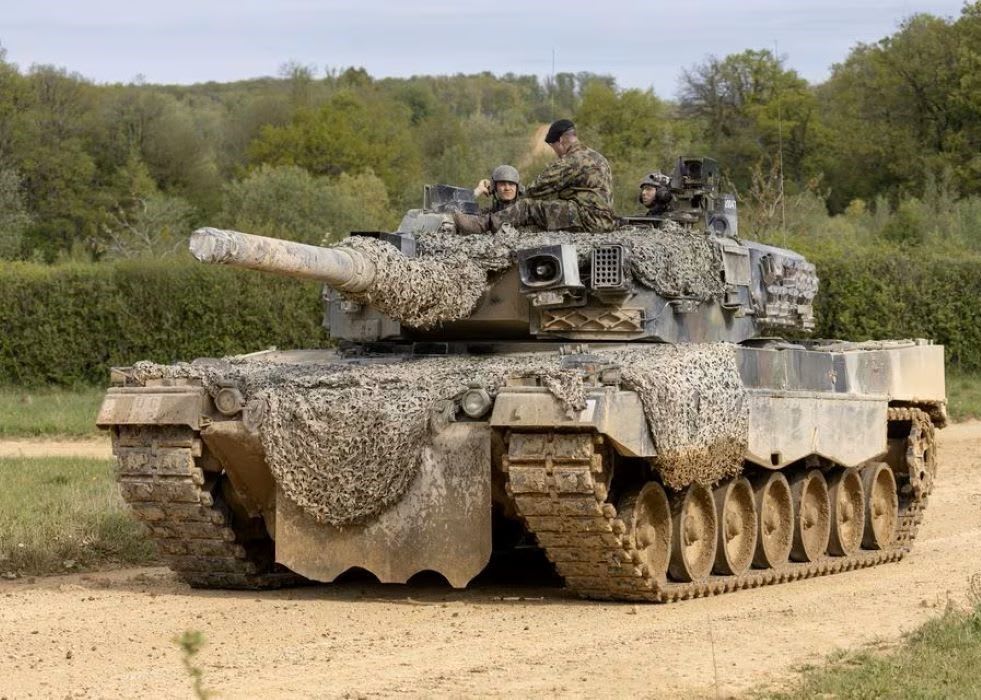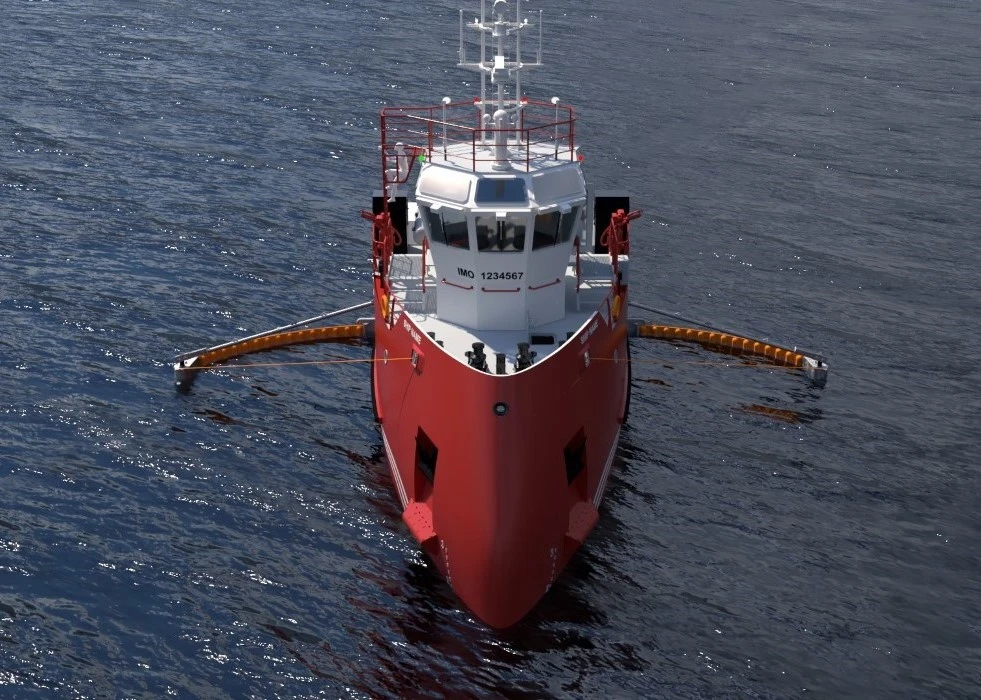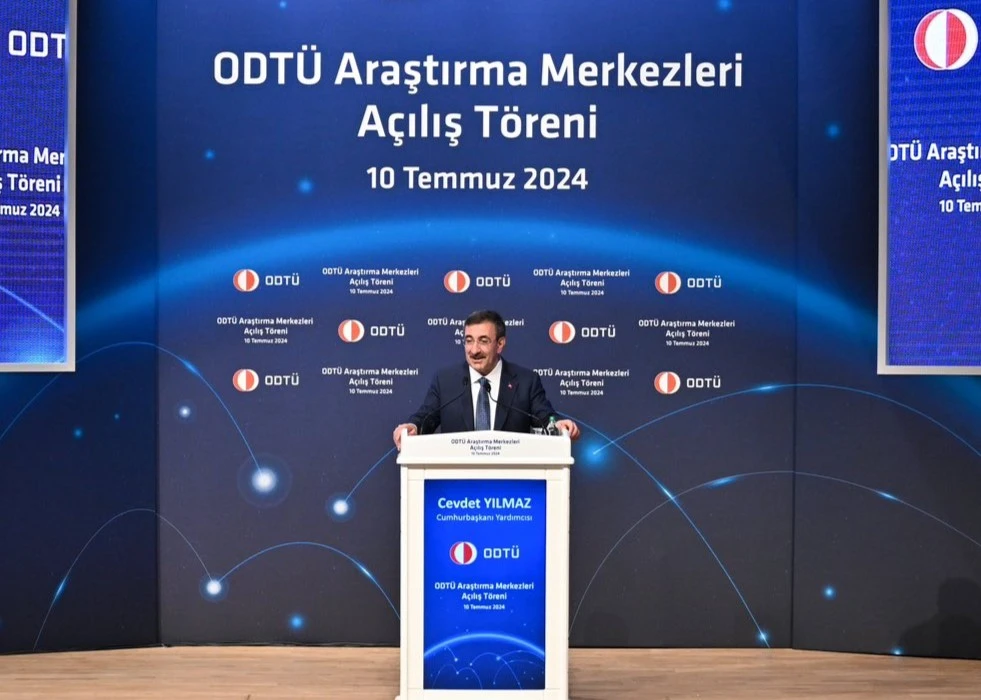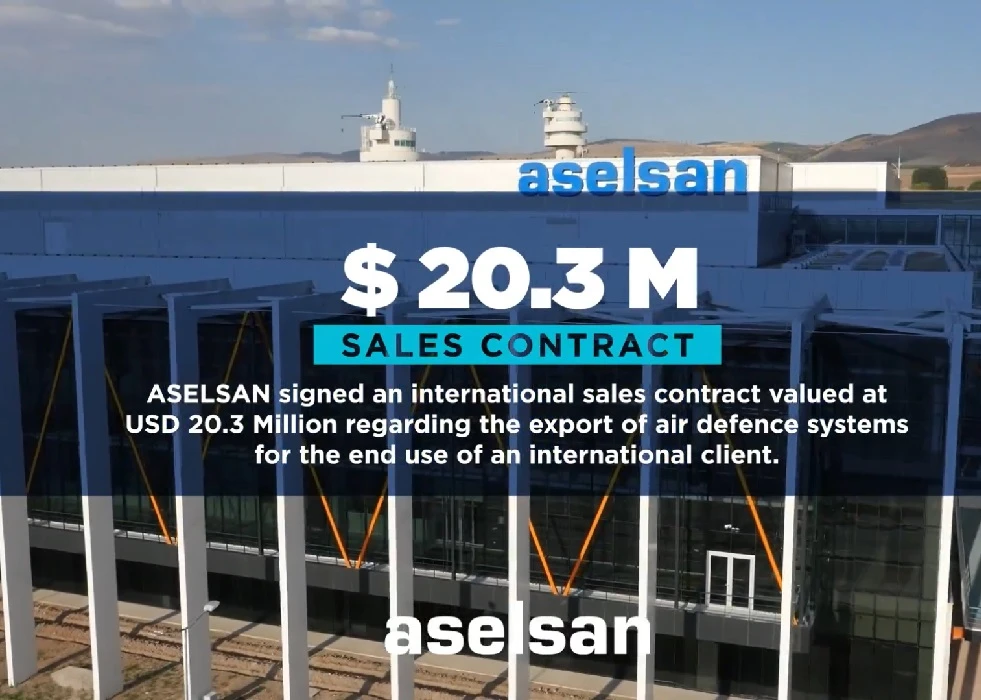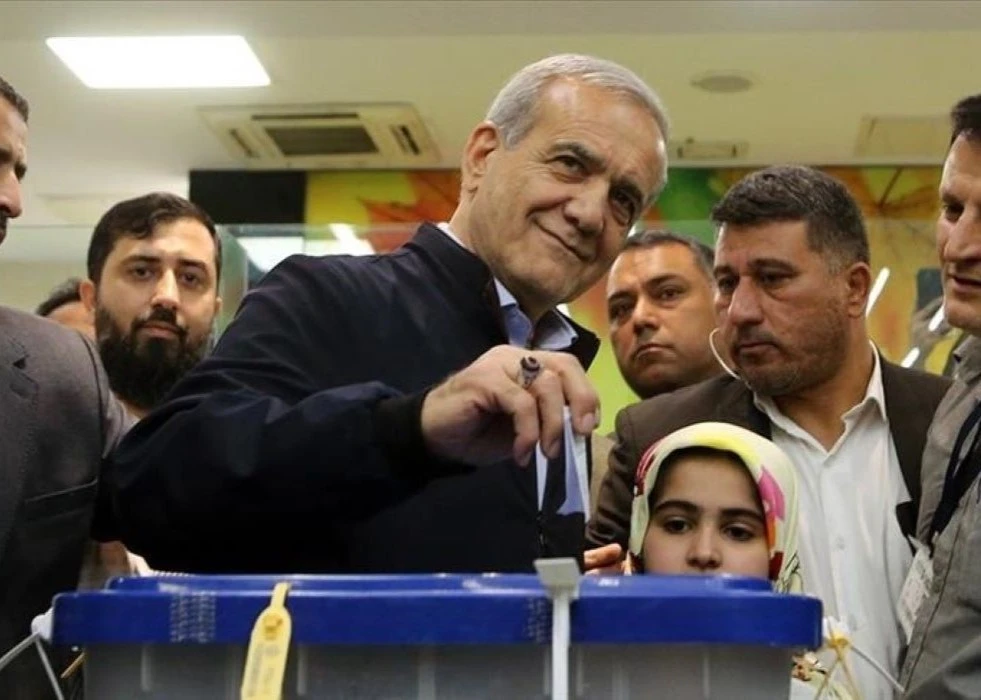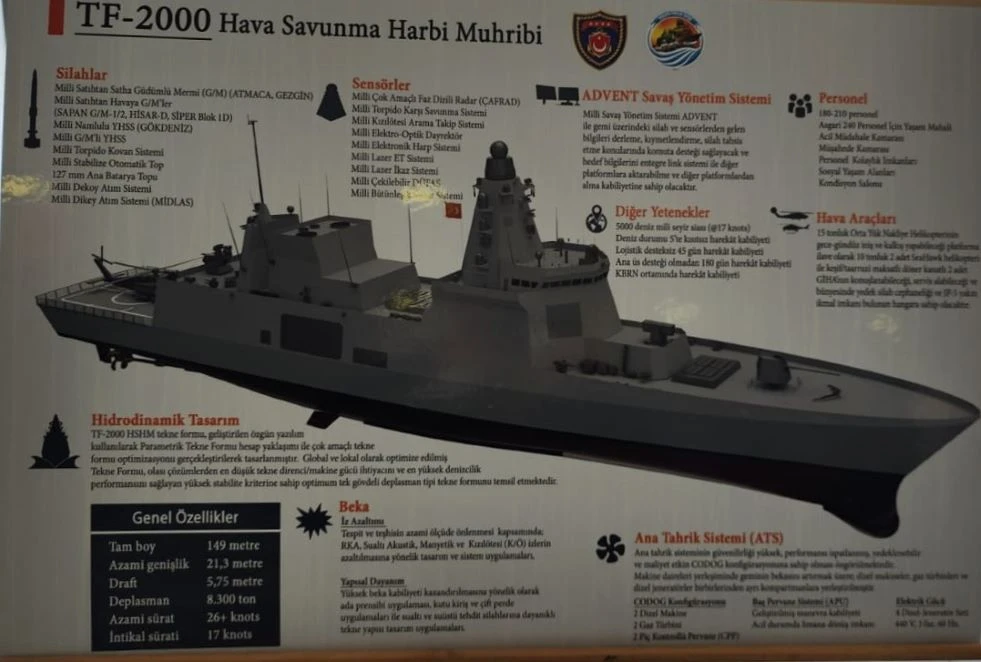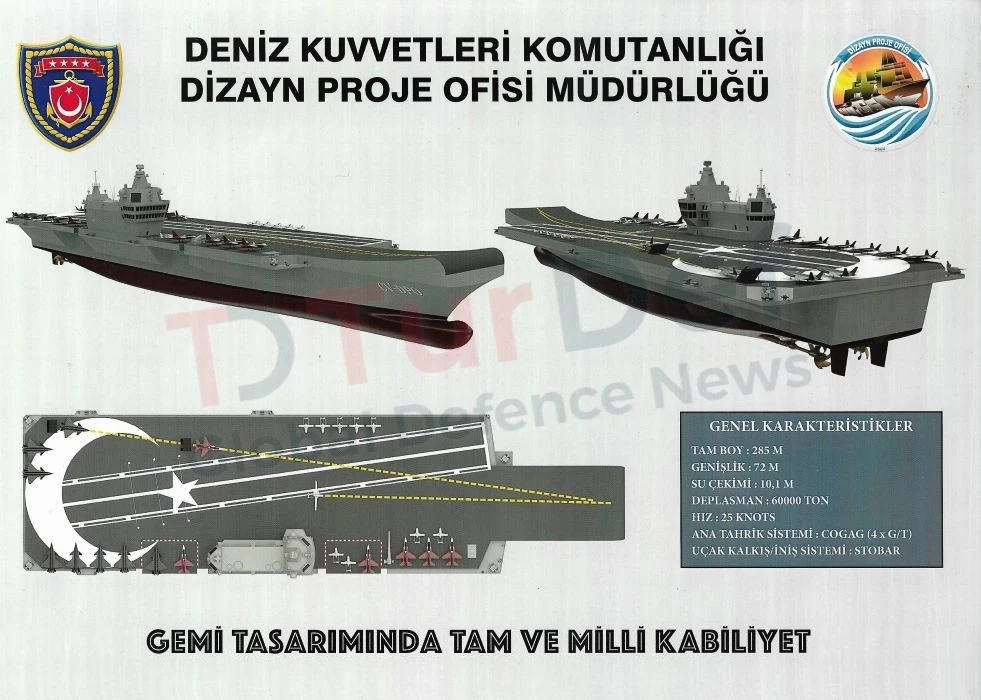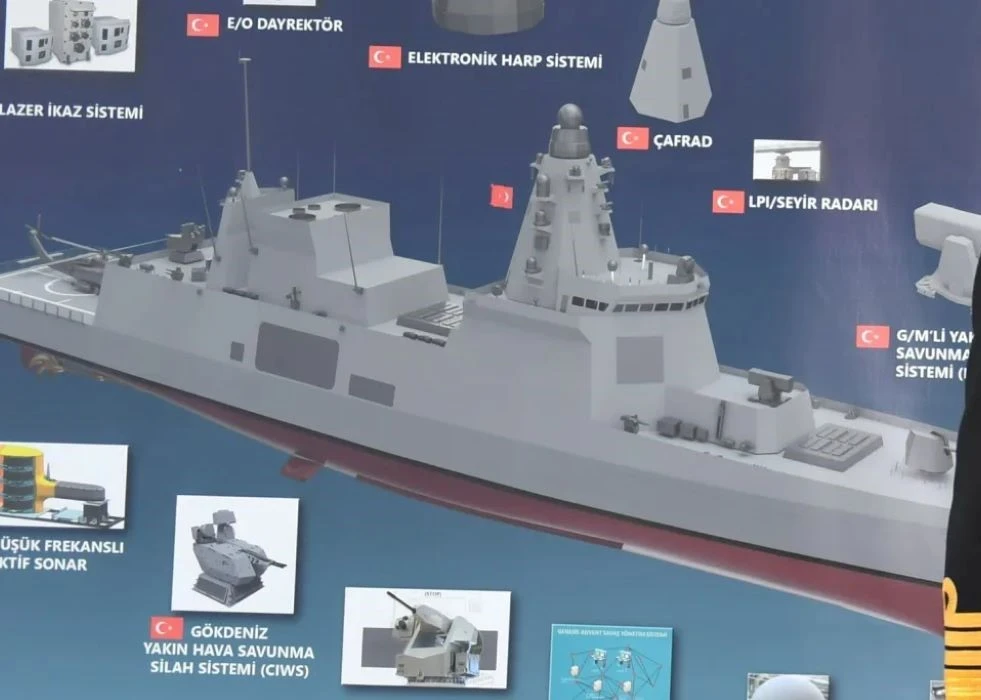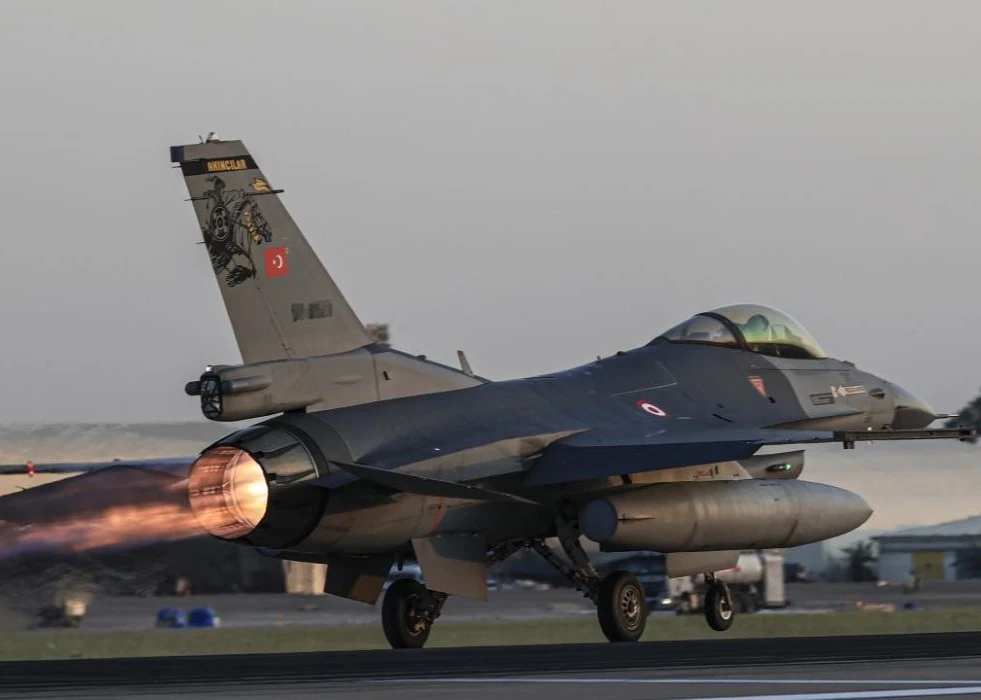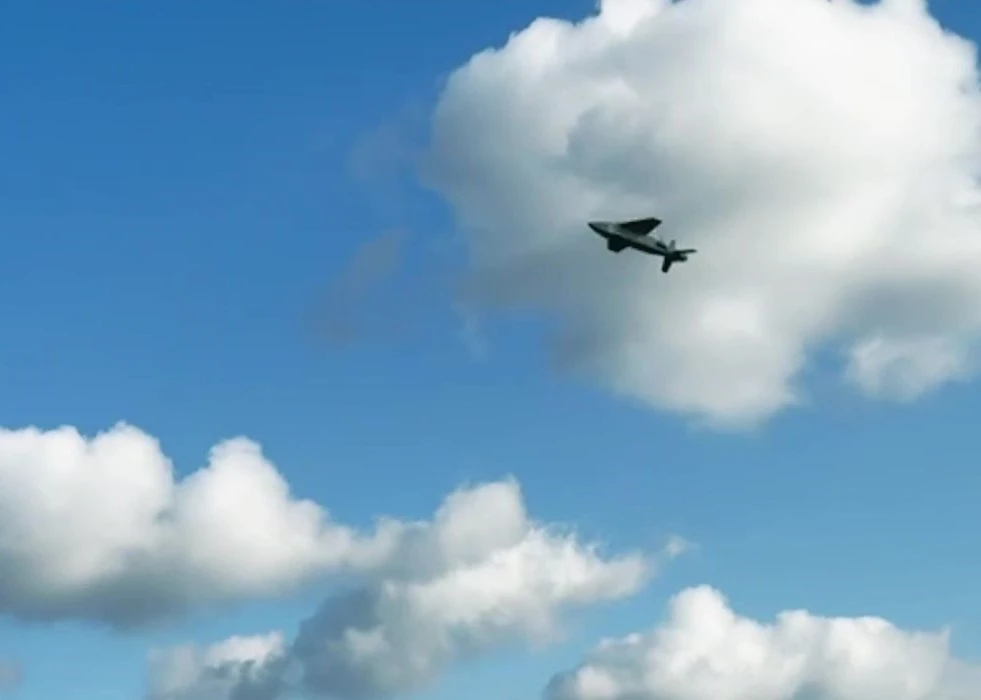The extensive list of materials sent to Ukraine highlights a potential shortfall in readiness, even two years into the new decade. Germany's approach seems rooted in peacetime thinking, with the federal government traditionally avoiding arms exports to crisis areas. Recent crises and wars have shifted perceptions in Berlin despite lucrative past dealings with countries like Egypt, Turkiye, Saudi Arabia, and Republic of Korea.

To support Ukraine in its war, Germany had to abandon its principles and reverse its stance on arms exports to crisis regions. This change, a 180-degree turn, commands respect. In 2023 alone, military aid to Ukraine surged from around 1.63 billion euros in the first year to over four billion in the second.
However, a deeper analysis reveals a nuanced situation. The four billion euros in military aid, when juxtaposed against the total budget for items like howitzers, tanks, first aid kits, and night vision goggles, amounts to less than one per cent. Germany's commitment to its allies in their struggle for existence seems disproportionately low.
Niemeyer states this effort must be evaluated against Putin's European expansionist goals. Western support, particularly in the form of weapons, is necessary to counter Putin's ambitions. The current aid from NATO states falls significantly short of meeting this challenge.
Germany appears to be falling behind in achieving NATO's two per cent target for defence spending. Efforts to reach this benchmark, including pension money for former soldiers, raise questions about Germany's commitment to deter Russia effectively.
The Bundeswehr's current state raises concerns among experts. Despite significant allocations for military equipment, deployment delays, and even essential items like artillery ammunition, procurement has not progressed as swiftly as expected.
Susanne Wiegand, head of arms supplier Renk, asserts that the Bundeswehr is no more prepared for war than it was last year, with critical shortages in ammunition. The lack of substantial support for Ukraine and the failure to replenish the country's own stocks are alarming.
The explanation from government circles often points to the arms industry's inability to produce more, a claim contested by experts. Wiegand suggests that concrete investments, financing commitments, and guarantees are needed to boost the industry's capacity.
The failure to adapt procurement laws to the changing geopolitical landscape remains a significant hurdle. Advance payments, standard in the export business, are prohibited by German procurement law, hindering the defence industry's ability to accelerate production.
Urgent changes are needed in the procurement system, administration, and within the ministry and Bundeswehr. While proposals for a new armed forces structure are expected in April 2024, the lack of progress raises concerns.
In summary, Niemeyer states that Germany's preparedness for war requires a holistic approach beyond military capabilities.
